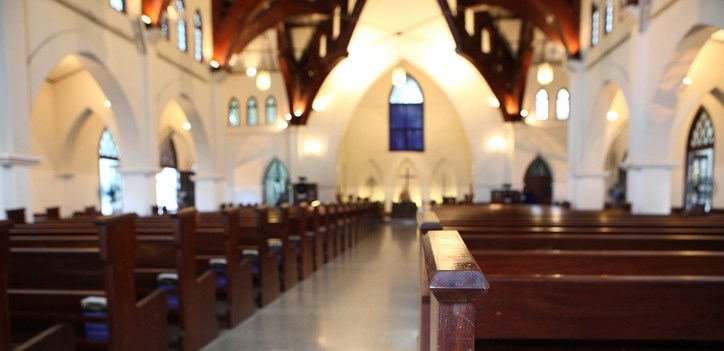Duty of Care — Religious Organizations
Posted in Personal Injury on October 22, 2015
Conti v. Watchtower Bible & Tract Society of New York, Inc. (First District, April 13, 2015) 235 Cal.App.4th 1214, 186 Cal.Rptr.3d 26, 15 Cal. Daily Op. Serv. 3573, 2015 Daily Journal D.A.R. 4094
A woman who was molested as a child by an adult male member of her church congregation filed suit against her abuser, the local congregation and Watchtower Bible and Tract Society, the entity overseeing the church. The plaintiff alleged that she had been repeatedly molested when she was paired with her abuser during “field service,” a church-sponsored activity where members go door-to-door preaching in the community. The plaintiff further alleged that because the other defendants were aware that the abuser had a prior conviction for child molestation, they had a duty to warn members of the congregation and limit and supervise his activities with children.
A jury returned a verdict in favor of the plaintiff, which included an award of punitive damages against Watchtower based upon a failure to warn. However, the court of appeal reversed as to the punitive damages award, finding that although the religious organization had a duty to use reasonable care to restrict and supervise the abuser’s field service to prevent him from harming children in the community and in the congregation, there was no duty to warn the congregation or the plaintiff’s parents that he had previously molested a child:
While it is readily foreseeable that someone who has molested a child may do so again, the burden the duty to warn would create and the adverse social consequences the duty would produce outweigh its imposition. The burden would be considerable because the precedent could require a church to intervene whenever it has reason to believe that a congregation member is capable of doing harm, and the scope of that duty could not be limited with any precision…. There was no special relationship between the church and all of the children in the Congregation simply because they were members of the church. Nor did the church have a special relationship with Kendrick, for purposes of a duty to monitor his behavior toward children, by virtue of control over his conduct with them. … Telling individual parents that a member had molested a child would also conflict with the public policy of confidentiality for penitential communications. While such a disclosure would do less immediate damage to that policy than an announcement to the entire congregation, it would be naïve to think that word of the molester’s behavior would not spread within the group. … Therefore, defendants cannot be held liable for negligent failure by the elders to notice Kendrick’s behavior with Conti and warn her parents that he posed a danger….
Conti’s case demonstrates the obvious threat that child molesters pose to children in a congregation when they perform field service. They are also a threat to children in the community when they engage in that activity. The prospect of children opening their doors to proselytizing child molesters is frightening…. [D]efendants had a legal duty to exercise due care to prevent Conti from being molested during her church-sponsored field service. They could be found to have breached that duty by failing to implement Watchtower’s proclaimed limitations on field service by child molesters like Kendrick. For purposes of the special relationship doctrine, defendants exerted control over Conti and Kendrick’s field service in several ways. Watchtower determined that child molesters like Kendrick remained eligible to perform field service, and thus presumably could have banned him from that activity had it chosen to do so. …[E]ven if Conti and Kendrick were never partnered together by the elders, the elders facilitated his access to her by putting them in the same group from which partners were assigned, and sending them out with the group to the same neighborhood. Most importantly, the Congregation had the ability to control Kendrick’s access to children in the field by keeping an adult with him at all times as required by Watchtower’s professed policy.


